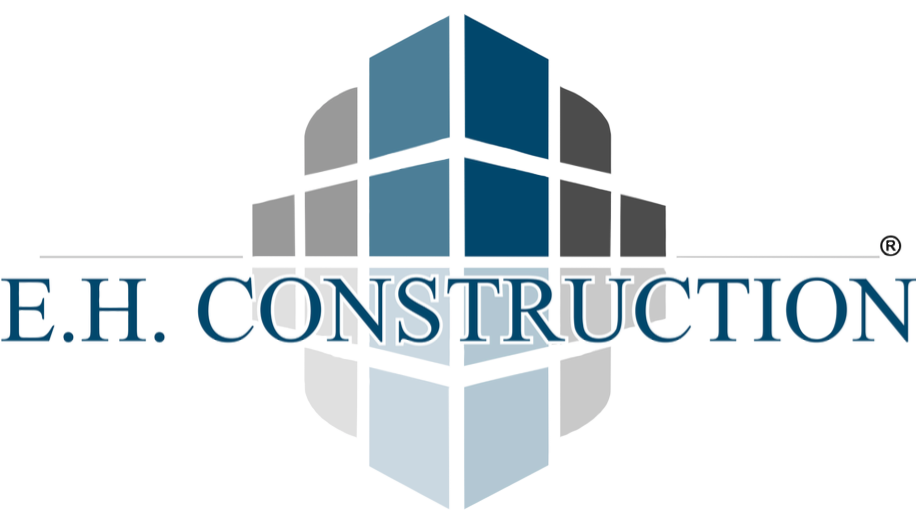Choosing the Right Foundation for Your New Build: Slab, Crawl Space, or Basement?
Building a house? First off, congratulations! Nothing beats the excitement of watching your dream home take shape from the ground up—literally. But before you start picking paint colors and debating kitchen layouts, let’s talk about one of the most important (and often overlooked) decisions in home construction: your foundation.
This isn’t just some boring slab of concrete—it’s what your entire house is going to sit on for decades. Choosing between a slab foundation, crawl space, or basement is a major decision that affects everything from your budget to future maintenance. Whether you’re working with custom home builders, construction companies near me, or going the DIY route, here’s what you need to know before making your choice.
Slab Foundations: Simple, Strong, and Budget-Friendly
If you like low maintenance and a straightforward build, a slab foundation might be your best bet. This type of foundation is exactly what it sounds like—a thick concrete slab poured directly onto the ground. No frills, no fuss, just a solid base for your home.
Pros of Slab Foundations:
✅ More affordable than other foundation types
✅ Faster construction time (great for home builders near me working on tight schedules)
✅ Minimal maintenance (say goodbye to worrying about moldy crawl spaces)
✅ Energy efficient (keeps heating and cooling costs lower)
Cons of Slab Foundations:
❌ Plumbing is encased in concrete—any issues mean breaking through the slab
❌ No storage or access underneath the house
❌ Not ideal for areas prone to flooding
If you’re in a warm climate and want to avoid the headaches of extra maintenance, a slab foundation is a solid choice (pun intended). Plus, if you're working with concrete contractors near me, they’ll tell you slabs are a fast, efficient option.
Crawl Spaces: A Happy Medium?
A crawl space foundation sits between a slab and a basement—literally. It lifts the house off the ground by a few feet, leaving a small gap (or "crawl space") between the house and the earth. It’s super common in areas with moisture concerns, as it helps prevent water damage.
Pros of Crawl Spaces:
✅ Easier access to plumbing, electrical, and HVAC
✅ Reduces risk of termite damage compared to a slab
✅ Provides ventilation, reducing moisture issues in humid areas
Cons of Crawl Spaces:
❌ Can be a breeding ground for mold and pests if not properly ventilated
❌ Requires regular maintenance and insulation
❌ Not as energy-efficient as a slab
If you’re in an area with damp conditions, working with construction management professionals can help ensure your crawl space is well-ventilated and sealed to avoid moisture-related nightmares.
Basements: Space and Storage Galore
If you need extra space, whether for a rec room, storage, or even a separate living area, a basement foundation is the way to go. Basements can be fully underground, partially exposed (daylight basements), or completely open on one side (walkout basements).
Pros of Basements:
✅ Extra living or storage space (hello, home gym!)
✅ Adds value to your home
✅ Easier access for repairs to plumbing and electrical systems
✅ Can serve as a storm shelter in extreme weather
Cons of Basements:
❌ Higher construction costs (materials and labor from licensed contractors can add up)
❌ More prone to moisture issues and potential flooding
❌ Requires more heating and cooling than a slab or crawl space
If you're in an area with cold winters or unpredictable weather, a basement foundation offers protection and extra square footage. Plus, working with masonry contractors near me can ensure your basement is built to withstand moisture and shifting soil.
Which Foundation is Right for You?
The best foundation for your home depends on climate, budget, and lifestyle. Here’s a quick cheat sheet:
💰 On a budget? Go with a slab foundation.
🏡 Need extra space? A basement foundation is the way to go.
🌊 Live in a damp climate? Consider a crawl space to help with ventilation.
No matter which foundation you choose, hiring the right construction contractors is key. Working with experienced home remodeling contractors or general contractors near me will help ensure your foundation is properly built, preventing costly issues down the line.
Need help deciding? Contact local construction companies to discuss your specific needs. Whether you’re working with residential construction companies, building contractors, or custom home builders, making the right foundation choice will set the stage for a strong, lasting home.
Ready to break ground? Make sure you're working with licensed general contractors and reputable construction companies to get the job done right!

